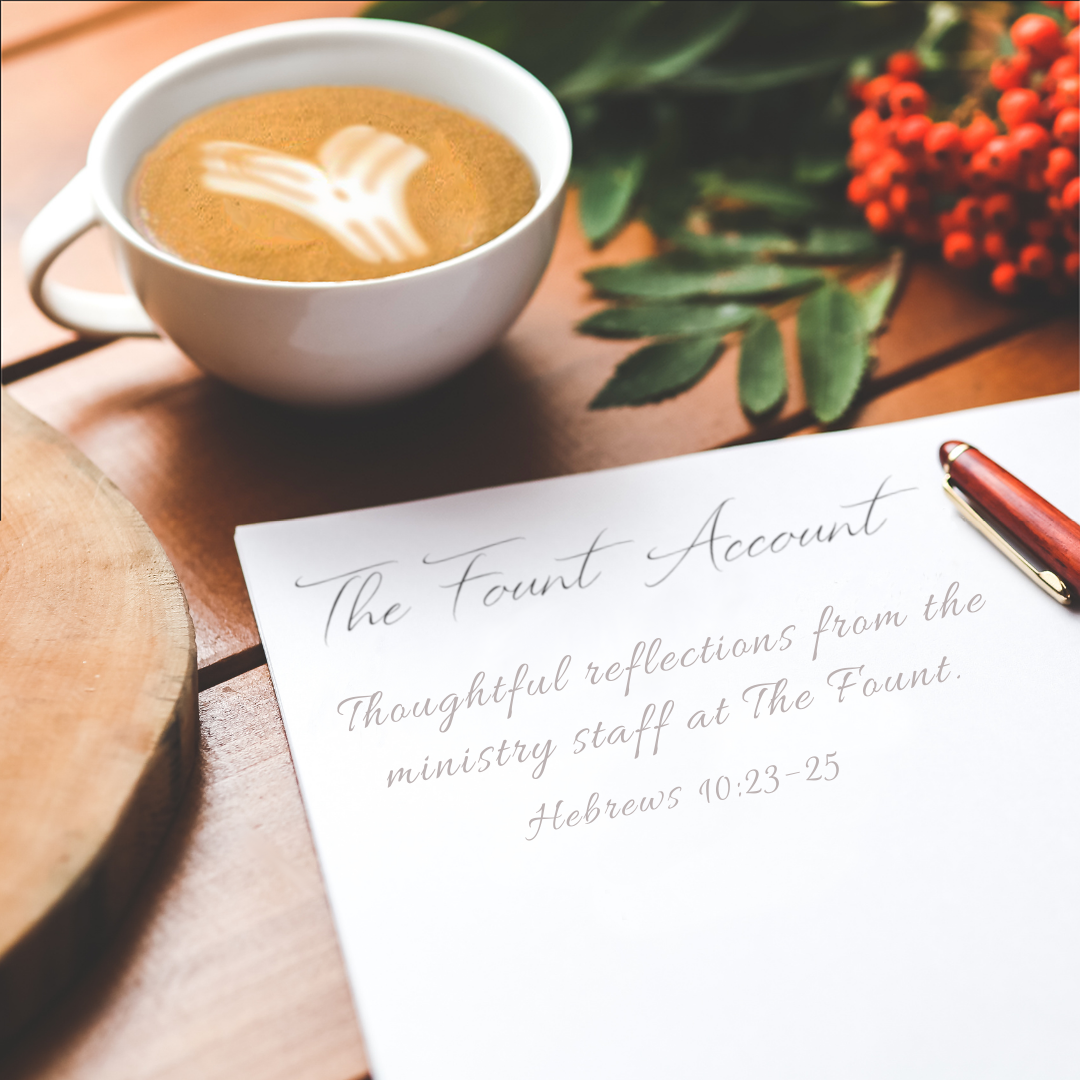
As Long as we live, there is Never enough Singing.
– Martin Luther
Music for me has always been at the center of my interest, ever since I was a young child, I grew up desiring to chase musical prowess and to gain a better understanding in music. Growing up with minimal music at home, aside from my mother’s 80’s music on the kitchen radio and my father’s smooth jams on truck rides home from school, my home was quite silent. I began studying music academically in 4th grade, and while these years were nothing to gawk at in terms of knowledge, they were critical to the overall development of my love and enjoyment for music.
Fast-forward to my years at University, studying the greats: JS Bach, Beethoven, Schubert, Mahler, Mozart, Mendelssohn, Ravel, Stravinsky, Copland, and many others, I found myself longing for the classics of the church. Despite growing up in a church environment with loud music and flashy lights, I grew a longing for the restrained and polished art of classical Church music. I began to unconsciously distance myself from the music of my generation, both in secular and in sacred, in car rides and in worship services. I found myself beckoned by pews and hymnals, orchestras and organs, and of course the Choir.
 Choral music or simply put, Choir, is to me the most significant act of music creation we can engage in as followers of Christ. To sing is to express the internal emotion that cannot be emulated through other means. To sing is to use the instrument that was created and perfected by God, the voice. Choir is a dying art. Many generations ago, choir was a standard practice in schools, especially pre-space race. The arts in education, the primary method of formal choral education, was more common then compared with today. But with an artform that is dying, a generation that doesn’t understand how to take part, and a society that largely has pushed away from the Church as a whole, How do we keep singing?
Choral music or simply put, Choir, is to me the most significant act of music creation we can engage in as followers of Christ. To sing is to express the internal emotion that cannot be emulated through other means. To sing is to use the instrument that was created and perfected by God, the voice. Choir is a dying art. Many generations ago, choir was a standard practice in schools, especially pre-space race. The arts in education, the primary method of formal choral education, was more common then compared with today. But with an artform that is dying, a generation that doesn’t understand how to take part, and a society that largely has pushed away from the Church as a whole, How do we keep singing?
The music of the Church is necessary, it is called for.
Ephesians 5:18-19 – Do not get drunk with wine, for that is debauchery, but be filled with the Spirit, addressing one another in psalms and hymns and spiritual songs, singing and making melody to the LORD with your heart.
The text of Paul’s letter to the church at Ephesus is clear: Sing to the Lord and make Melody from your heart, be filled with the Spirit. Choral singing is the act of connecting with one another to make music from the heart, music that is rich and full of meaning. Though choral music is broken into significant harmony, we still find our own melody in each part, as we sing our praises to the Lord. The Joy of Singing in a choir, specifically the Joy I hope to see in all of the members of the Fount Choir, is NOT the joy of making a pretty and perfect sound, rather it is the joy of coming together as one body to deeply connect through praise of the LORD.
I hope by now one thing has been made clear is that the Joy of Singing, the Joy of Choir, has come not from making the most perfect and beautiful sound, rather has come from the pleasure it is to praise God. The joy of praising the God of Heaven and Earth comes to me through Choir, through the work of voices coming together as one, and the community and fellowship we share as we proclaim the goodness of God.
I leave you with this, the 2nd verse of Robert Lowry’s most famous piece. May the peace of the Lord Jesus Christ go with you now, Today, Tomorrow, and Forever.
What tho’ my joys and comforts die?
The Lord my Saviour liveth;
What tho’ the darkness gather round?
Songs in the night he giveth.
No storm can shake my inmost calm
While to that refuge clinging;
Since Christ is Lord of heaven and earth,
How can I keep from singing?
In the Joy of Singing,
![]()

